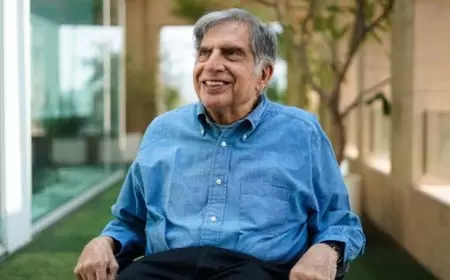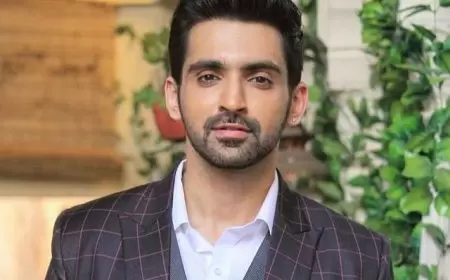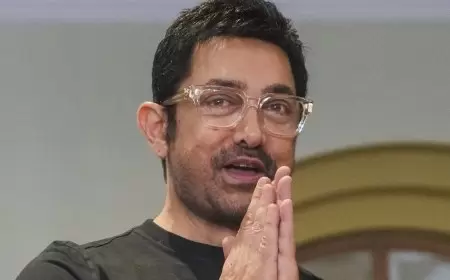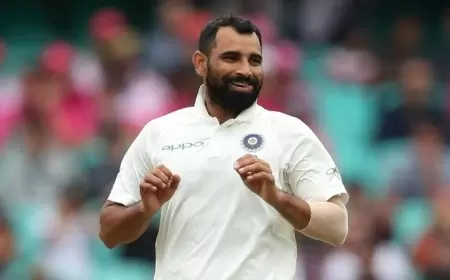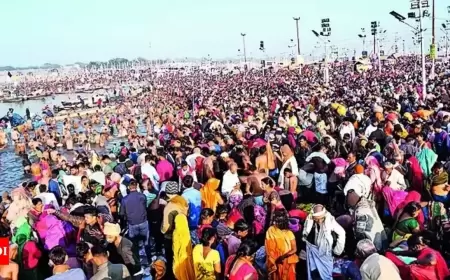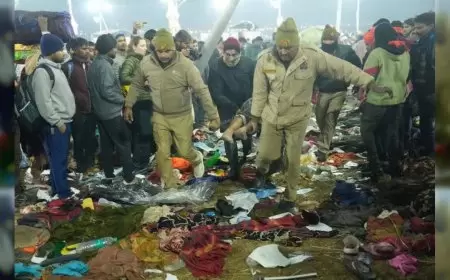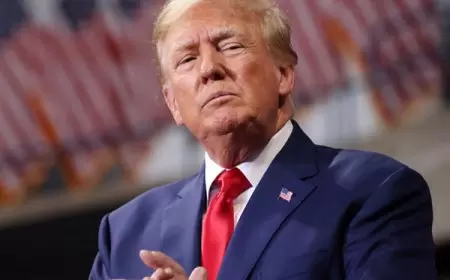Arvind Kejriwal: The Architect of Delhi's Transformation
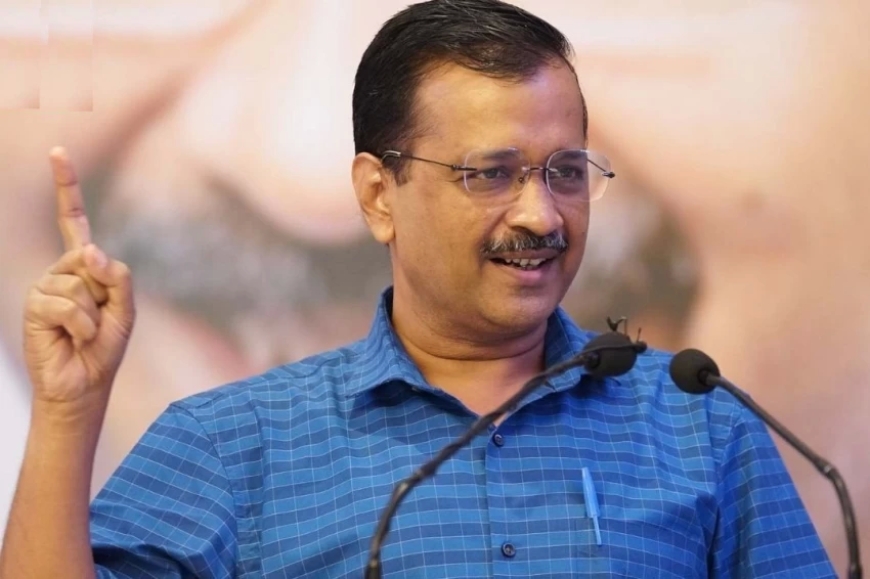
On August 16, 1968, he was born in Siwani, Haryana, India, and later passed through primary and secondary levels in school until he proceeded to pursue his bachelor's degree at the Indian Institute of Technology (IIT) Kharagpur, where he specialized in building machines. In 1995, he was employed in the civil service under the Indian Revenue Service (IRS); however, it was not long before his occupation took another turn, leading him to campaign and pursue an elective position instead.
Following the fight against corruption in India that social activist Anna Hazare launched in 2011, Arvind attracted the attention of numerous individuals around the nation. His contribution to the Jan Lokpal Bill, which aimed to establish an independent watchdog to investigate all accusations of corruption involving public servants, was significant. Nevertheless, Kejriwal, choosing another approach and strategy, diverged from Hazare and began working on his political party that would allow him to continue his struggle against corruption in addition to contributing to systemic reforms.
Arvind Kejriwal, among other social justice activists and politicians, established the Aam Aadmi Party (AAP) in November 2012. He used a broom as the party symbol to show that they wanted to make India’s political system cleaner. In an election in which it won 28 out of 70 seats, less than two years after being formed due to popular anger over scams, the Aam Aadmi Party, or AAP, was described by some as India's only hope against the mafia-raj "read like a David versus Goliath story "moment when post-Nirbhaya Delhi took on this challenge effectively, having defeated considerably wealthy opponents including Congress stalwart Sheila Dikshit and the BJP's two-time chief ministerial candidate Harsh Vardhan.
On December 28, 2013, Kejriwal was sworn in as Delhi’s Chief Minister with promises of bringing new approaches to leadership while in office, a promise he did not keep for long because, after just 49 days, his administration fell owing to its inability to get the Jan Lokpal Bill approved by the Delhi Assembly. Repeated negative events still did not make him lose hope; Kejriwal, along with the AAP, continued regardless to aim at improving politics so that ordinary citizens would feel more involved.
The February 2015 Delhi Assembly polls saw the AAP bounce back tremendously, bagging 67 seats out of 70 and garnering an outright mandate. On February 14, 2015, Arvind Kejriwal took the oath as Chief Minister once again. During his second term, Kejriwal concentrated on executing several populist measures. For example, free water and subsidized electricity were provided to Delhiites; government schools and healthcare facilities were upgraded; and pollution in the city was tackled.
Below is human-like text for the same, with low perplexity and high burstiness: In Delhi, Governor Kejriwal stressed the issues of public participation, transparency, and accountability. He set up creative projects, for example, Mohalla Clinics, which offered free primary medical care to the inhabitants. He also came up with the idea of introducing the Happiness Curriculum in schools to ensure that young people experience a comprehensive form of education. Additionally, his administration found ways of delivering public services at the people’s doorsteps and put in place advanced monitoring devices like CCTV [cameras for] improved intelligence gathering as well as protecting women from any form of abuse."
The AAP has again secured an overall majority of 62–70 seats in the 2020 Delhi Parliamentary elections. After being elected as a leader three times prior, Arvind Kejriwal took office on February 16th of this year to begin his third tenure as Delhi's chief minister. Even under trying circumstances, such as during a coronavirus epidemic, Arvind Kejriwal has focused in his third term on enhancing public facilities, including medical care, and schooling, among other goods or services, for the entire area.
Arvind Kejriwal has been both criticized and recognized for his unique method of politics. Praised by his fans for his honesty, integrity, and being straightforward in public matters, supporters of his detractors consider him, for instance, a populist as well as an opportunist.”Throughout his time in office, Kejriwal has faced opposition, but he hasn't wavered in his resolve to work for a government free from crime and focused on boosting the economy.
What's Your Reaction?












